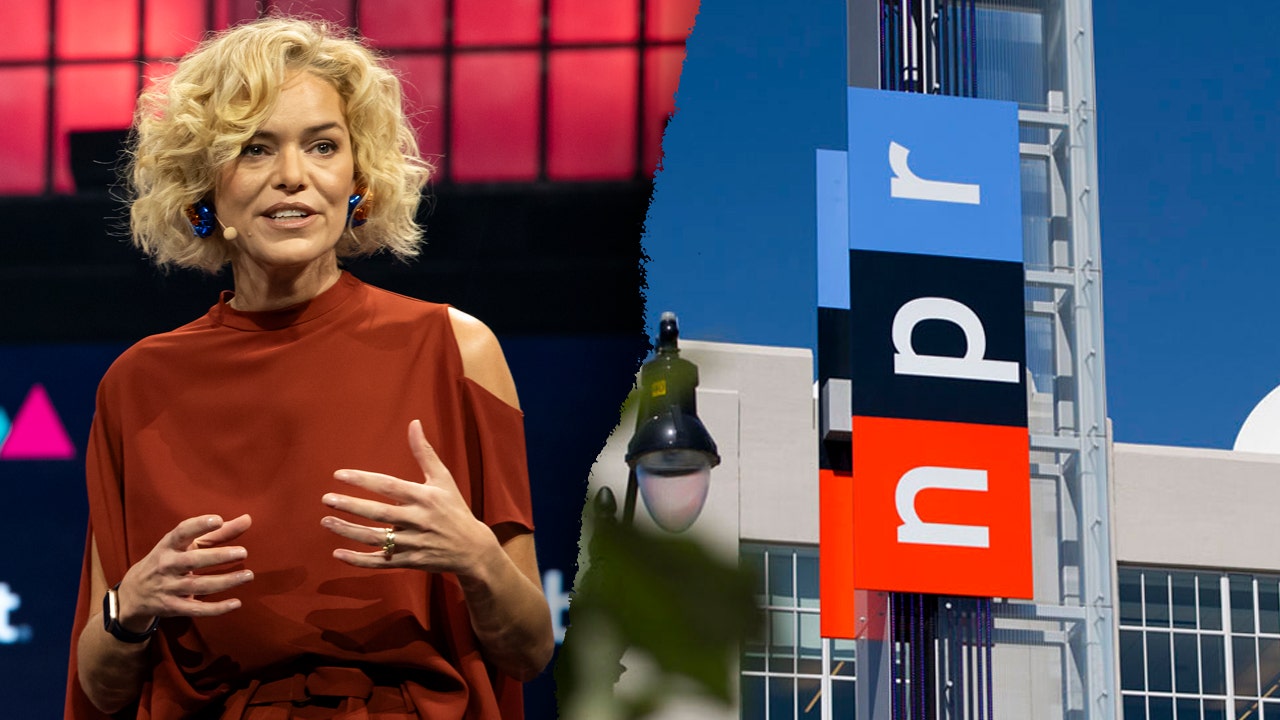In the same entirely predictable and boring way they predictably do every few years, with the same predictable and boring results.
This is different. This time they have a very specific way to control how the money is spent, rather than hurting the local stations. So they still fund the stations, and the stations can't use the federal money to buy NPR programming.
Sure, money is fungible, so it will be hard to make that work. But it's a new approach to the old refrain.
On the Senate side, they're calling for more CPB oversight in how federal funding is appropriated. Right now, only 5% of CPB money has restrictions. It's possible that a bill could put more restrictions on money.
Of course practically speaking, at least for this term, the chance of getting ANY bill passed is zero. But the politicians are getting smarter in the way they're targeting their arrows.
At the same time, you have conservatives who see this as a way to control the message, the way they did when they took over VOA:

I’m a conservative but defunding NPR is a mistake. What should happen instead might be surprising
After an explosive essay published by former NPR editor Uri Berliner the news network is now facing proposals to strip it of all federal funding especially from conservatives.
Instead of a quixotic "defund" campaign, Congress should pursue a different, more constructive course: serious oversight of its public broadcasting appropriations. That might include hearings about bias similar to the dramatic hearings in which Ivy League presidents have been called to account for campus antisemitism. Absent federal funding, there would be no opportunity for such oversight—which has simply not been taking place.

